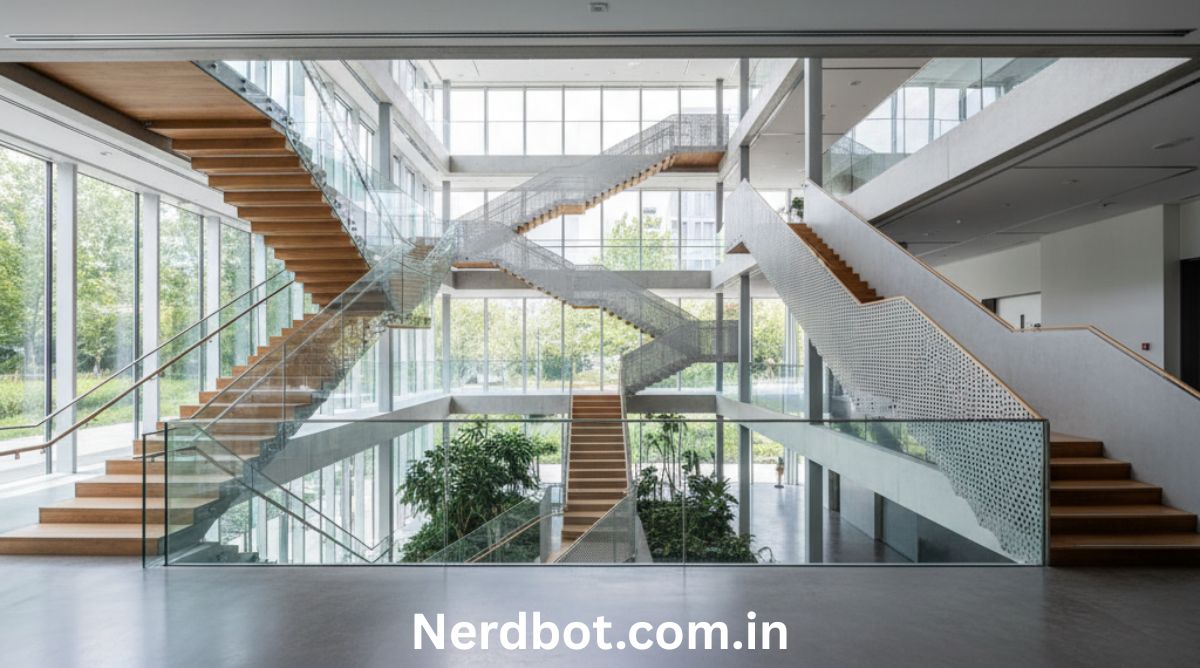In India, the National Eligibility cum Entrance Test (NEET) is the standardized examination that grants admission to undergraduate medical courses such as MBBS, BDS, and AYUSH programs. The eligibility criteria for NEET are clearly defined by the National Testing Agency (NTA), the body that conducts the exam. However, students who have pursued Physics, Chemistry, and Mathematics (PCM) in their higher secondary education often wonder if they can switch tracks and appear for NEET, which is typically designed for students with a Physics, Chemistry, and Biology (PCB) background.
This question—“Can a PCM student give NEET?”—has been asked frequently by students who develop an interest in the medical field later in their academic journey or who wish to explore career options beyond engineering and other math-centric professions. This article aims to provide a comprehensive understanding of whether a PCM student is eligible for NEET and what steps are required to make it possible.
Understanding NEET and Its Eligibility Criteria
The NEET exam tests a student’s knowledge in three subjects: Physics, Chemistry, and Biology (Botany and Zoology). It is a pen-and-paper-based test that consists of 200 multiple-choice questions (out of which 180 must be attempted), covering the aforementioned subjects. The eligibility criteria as laid out by the NTA are as follows:
Basic NEET Eligibility:
- Age Limit: The candidate must have completed 17 years of age at the time of admission or will complete that age on or before 31st December of the year of admission.
- Nationality: Indian Nationals, Non-Resident Indians (NRIs), Overseas Citizens of India (OCIs), Persons of Indian Origin (PIOs), and Foreign Nationals are eligible.
- Educational Qualification:
- The candidate must have passed the 10+2 examination with Physics, Chemistry, Biology/Biotechnology, and English as core subjects from a recognized board.
- The candidate must have secured a minimum of 50% marks in PCB for the general category (40% for SC/ST/OBC and 45% for PwD).
Clearly, Biology or Biotechnology is a mandatory subject to be eligible for NEET. So, where does that leave PCM students?
Can a PCM Student Give NEET?
The straightforward answer is: Yes, but with conditions. A student who has studied Physics, Chemistry, and Mathematics in 10+2 and did not study Biology or Biotechnology as one of the subjects is not eligible to appear for NEET directly. However, all is not lost. There are legitimate ways for PCM students to become eligible for NEET.
How a PCM Student Can Become Eligible for NEET:
A PCM student can become eligible to give NEET if they fulfill the requirement of having studied Biology or Biotechnology in their 10+2 level by:
1. Taking Biology as an Additional Subject in 12th Grade:
If a student realizes early—during or right after Class 11—that they want to pursue medicine instead of engineering, they can opt for Biology as an additional subject in Class 12. This allows them to meet the eligibility requirement provided they pass the final exam in all required subjects including Biology.
However, not all schools offer the option to take an additional subject due to scheduling or resource constraints. If that’s the case, students may consider the next option.
2. Appearing for Biology as a Private Candidate:
Students who did not study Biology in school can appear for the Biology examination through open or distance learning programs such as the National Institute of Open Schooling (NIOS) or other state boards as private candidates.
- They must ensure that the board is recognized by the Association of Indian Universities (AIU) and that the course includes both theory and practical components of Biology.
- After successfully passing Biology from a recognized board, a student can submit the marksheet along with their other 10+2 certificates while applying for NEET.
3. Repeating 12th Grade with PCB:
Though this is a time-consuming path, some students choose to repeat Class 12 with the proper PCB combination in a recognized school. This ensures a solid foundation in all three science subjects and better preparation for NEET. It also avoids any ambiguity that might arise from alternative routes.
Challenges PCM Students Might Face
Switching from PCM to PCB is a major academic shift. Students must be prepared for several challenges:
1. Biology Background:
Students from a PCM background might find it difficult to cope with the vast syllabus of Biology, especially without a previous foundation in the subject. Self-study and dedicated coaching might be necessary.
2. Recognition of Qualifications:
Some states and institutions may question the legitimacy of certain private or open board qualifications. It’s crucial to verify in advance whether such qualifications are recognized by medical colleges and state authorities.
3. Preparation Time:
Biology is not a subject that can be mastered overnight. Adequate time must be dedicated to understanding concepts, memorizing facts, and solving application-based questions to succeed in NEET.
Strategic Steps for PCM Students Aspiring for NEET
Here’s a step-by-step roadmap for a PCM student who wants to appear for NEET:
Step 1: Assess Interest and Aptitude
- Ask yourself why you wish to pursue medicine.
- Consider shadowing doctors, volunteering in healthcare settings, or speaking to medical students for insights.
Step 2: Choose the Correct Pathway
- If still in school, add Biology as an extra subject.
- If you’ve already graduated, explore NIOS or state board private options to study Biology.
Step 3: Enroll in Biology Course
- Choose a recognized board that provides valid certification.
- Complete both theoretical and practical components.
Step 4: Register and Prepare for NEET
- Join a NEET coaching program to cover Physics, Chemistry, and Biology.
- Use standard NEET preparation books like NCERT, Trueman’s Biology, HC Verma for Physics, and MTG or Dinesh publications.
Step 5: Stay Updated on NTA Guidelines
- Regularly check the NTA NEET website for updates in eligibility and examination patterns.
- Ensure your qualification and subject combination meet the criteria at the time of application.
Alternatives to MBBS for PCM Students Interested in Healthcare
If the challenge of studying Biology or repeating a year seems overwhelming, PCM students can consider alternative career options within the medical and healthcare domain:
1. Biomedical Engineering:
Combines engineering principles with medical sciences.
2. Pharmaceutical Sciences:
B.Pharm programs may accept PCM students.
3. Clinical Research:
Involves the study and analysis of drug trials.
4. Health Informatics:
Focuses on the integration of IT and healthcare.
5. Radiology, Physiotherapy, and Allied Health Courses:
Some of these courses accept students from a non-biology background.
Frequently Asked Questions (FAQs)
Q1: I have completed 12th with PCM and now want to become a doctor. What should I do?
A: You must appear for Biology or Biotechnology through a recognized board as an additional subject, then apply for NEET.
Q2: Is NIOS acceptable for NEET eligibility?
A: Yes, NIOS is a recognized board. Ensure you complete both theory and practicals in Biology.
Q3: Is it possible to crack NEET without having studied Biology in school?
A: Yes, with the right resources, coaching, and dedication, many students have successfully cracked NEET after switching to Biology post-12th.
Q4: How long does it take to become eligible after studying Biology through NIOS?
A: Typically, NIOS offers on-demand and bi-annual exams. You can become eligible in one year if planned well.
Conclusion
To answer the central question—Can a PCM student give NEET?—the response is a conditional “yes.” While a PCM student is not immediately eligible to appear for NEET, they can take the necessary steps to meet the eligibility requirements by studying Biology through recognized avenues. With focused preparation and strategic planning, a career in medicine is very much within reach for PCM students.
Transitioning from mathematics to medicine is not an easy path, but for those truly passionate about healthcare and willing to put in the required effort, it is a rewarding one. Whether through additional study or alternative career paths, the key lies in understanding the process, staying informed, and making committed choices.










